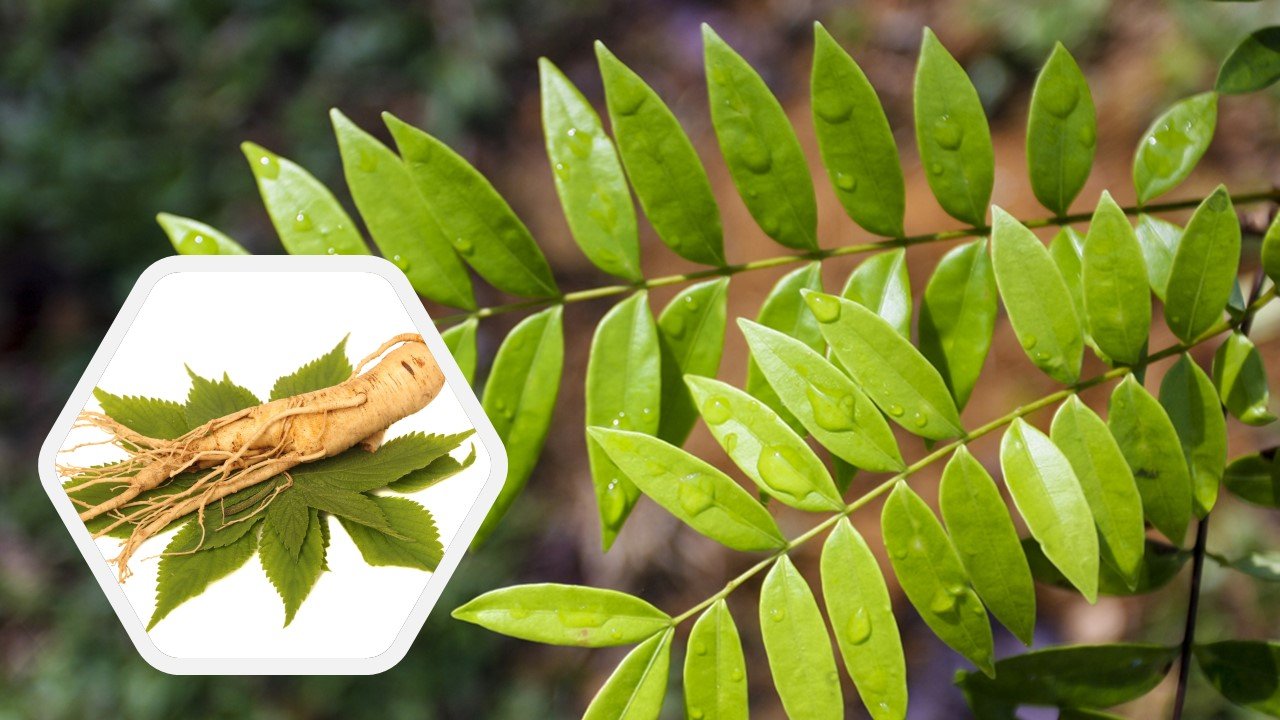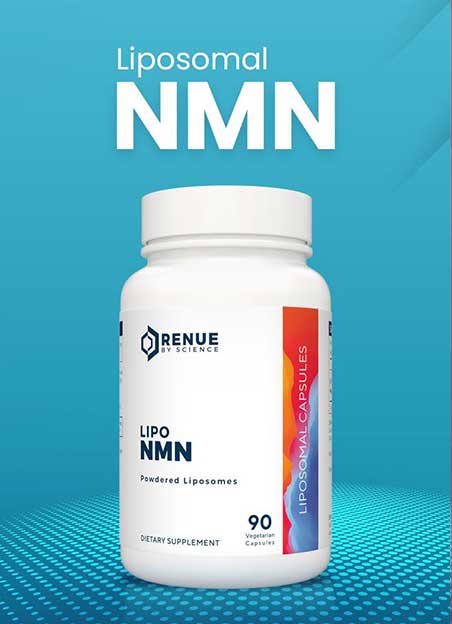
Before western medicine became the predominant and widely accepted all over the world, herbal remedies were quite common, especially in Asia. It is important to keep an open mind when studying the remedies from herbal medicine, as long as it is supported by modern research.
One such herbal medicine still exists today: Tongkat Ali. This medicine has been a part of Southeast Asia for a long time.
Traditionally, it was used to treat bacterial infections, erectile dysfunction, and fevers.
Research has shown that Tongkat Ali may be beneficial in improving bodily composition, relieving stress, and boosting male fertility.
This article provides detailed information about Tongkat Ali.
What Exactly is Tongkat Ali?
Another name for Tongkat Ali is Longjack. Tongkat Ali is herbal-based medicine that is obtained from the roots of the tree Eurycoma Longifolia, which is a green shrub tree found natively in Southeast Asia.
In many Asian countries such as Vietnam, Indonesia, and Malaysia, Tongkat Ali is used for the treatment of erectile dysfunction, male infertility, fevers, infections, and malaria. According to a peer-reviewed article by Rajeev Bhatt and AA Karim, Tongkat Ali has also been used recently for anti-microbial and anti-diabetic properties.
The benefits provided by the plant are due to different compounds that are present in its composition.
Tongkat Ali has a range of beneficial compounds such as antioxidants, alkaloids, flavonoids, cardiac glycosides, proteins, terpenoids, and phenolic compounds.
The antioxidants, specifically, can be highly beneficial to a range of processes and organs in our bodies. They save the cells from damage caused by free radicals.
The typical way to consume Tongkat Ali is through herbal drinks or pills containing the herbal extracts.
Historical Uses of Tongkat Ali
Before moving forward with the benefits of herbal medicine, it is important to look at its historical uses. That will help us understand why it is considered a magic drug and is widely revered.
According to a 2016 review by Shaheed Ur Rehman and his team, the following historical uses of Tongkat Ali have been identified. These traditional uses are listed as follows:
- Osteoporosis
- Syphilis
- Pains and aches
- Leukemia
- Indigestion
- Lumbago
- Jaundice
- Cancer
- Diabetes
- Fever
- Exercise recovery
- Constipation
- Dysentery
- Itching
- Aging
- Diarrhea
- Intestinal worms
- Anxiety
- High blood pressure
- Malaria
- Sexual dysfunction
It must be noted here that the historical uses of Tongkat Ali are not necessary all backed by modern-day research but they could provide a direction for further research in the future.
Potential Health Benefits
After looking at the traditional and historic uses of Tongkat Ali, we will take a deeper look at what modern-day research says about its benefits. Following is a list of some of the most prominent benefits of Tongkat Ali.
Male Fertility and Testosterone Levels

Picture by Kelly Sikkema at Unsplash
One of the most prominent ways Tongkat Ali was used historically was for its benefits to the male sexual wellness and fertility. Modern-day research contends that there is potential for Tongkat Ali to improve the level of testosterone in men and improve male fertility.
There is a range of reasons why low testosterone may occur in men including obstructive sleep apnea, chronic alcoholism infection or injury to the testicles, medications, radiation treatments, chemotherapy, and aging.
Low testosterone can cause a range of issues such as male infertility, erectile dysfunction, and low libido. There are many compounds in Tongkat Ali that have the potential to increase the level of testosterone in the body. Thus, the consumption of Tongkat Ali could help get rid of these issues.
The testosterone-boosting impact of Tongkat Ali is so promising that some researchers have suggested its use as a natural and safer alternative to testosterone replacement therapy.
A study comprising 76 test subjects with low testosterone count gave 200 mg of Tongkat Ali per day for one month. The increase in the testosterone level of the test subjects was significant. 90 percent of the test subjects reported testosterone levels at normal values at the end of the trial.
In another study comprising 75 test subjects, Tongkat Ali helped 14 percent of the involved couples become pregnant due to the improved sperm motility and concentration after the subjects were given 200 mg of Tongkat Ali every day for 3 months.
These studies show that Tongkat Ali is effective in raising testosterone levels and improving the overall sexual health of males. Further research with larger sample sizes is needed to establish treatment options based on the research.
Antidiabetic Benefits

Picture by Towfiqu Barbhuiyaat Unsplash
Another prominent traditional use of Tongkat Ali that has shown considerable promise in modern-day research is its use as an antidiabetic substance.
Diabetes can be quite difficult to manage and some of the drugs are either ineffective for specific people or come with too many side effects. Having a new potential for treatment can be exciting and allow the medical professionals a wider breadth of choices when dealing with an issue as complex as diabetes.
In an animal study conducted by Rafidah Husen and their team, the anti-diabetic effects of Tongkat Ali were very promising. The rats included in the study were hyperglycemic adults who got the treatment of aqueous extracts of Tongkat Ali in doses of 150 mg/kg body weight. The result showed that the blood-sugar level in those hyperglycemic rats decreased by 47 percent and 38 percent in two different types of Tongkat Ali extracts.
This shows that Tongkat Ali has anti-diabetic properties. Interestingly, when the normoglycemic rats were given Tongkat Ali, they did not see any significant drops in blood sugar.
Another study showed that Tongkat Ali improves the blood sugar levels of those with diabetes by heightening their insulin sensitivity. It suppresses lipid accumulation and enhances glucose uptake at 50 μg/mL by around 200 percent. Lipid accumulation also suggests that Tongkat Ali has the potential for a lot more benefits besides diabetes treatment.
Osteoporosis Prevention
Osteoporosis is emerging as one of the main causes of mortality and morbidity in older men. That is why preventive and treatment research for osteoporosis in men is increasingly becoming a subject of research.
Around one-third of women and one-fifth of men over the age of 50 experience osteoporosis.
Recently, Tongkat Ali has emerged as a strong contender for the treatment and prevention efforts of osteoporosis. It has proven to be more effective for male osteoporosis as compared to female osteoporosis.
A 2011 animal study by Ahmad Nazrun Shuid and his team showed that orchidectomised rats benefitted greatly from supplementation of Tongkat Ali and testosterone replacement. The rats were able to maintain the levels of calcium in their bones due to the treatments.
Those rats that were given Tongkat Ali showed significantly better results as compared to those given testosterone replacement supplements.
Stress Management

Picture by Usman Yousaf at Unsplash
There is also a significant potential for Tongkat Ali in reducing and regulating stress.
In a 2013 study by Shawn M Talbott and his team, the impact of Tongkat Ali on stress hormones was evaluated. In this double-blind study, the total sample size was 63 and the study lasted for a total of 4 weeks.
The study concluded that the people taking Tongkat Ali showed a significant improvement in their stress management. Their testosterone levels increased while the stress-inducing hormone called cortisol was reduced considerably.
This showed the potential of Tongkat Ali as a possible treatment option for stress management.
These results were validated by a 2018 study by Annie George and her team in which the combined impact of multivitamins and Tongkat Ali on people who were mostly fine but were only moderately stressed.
In this 24-week long, double-blinded, and placebo-controlled study, those on Tongkat Ali reported much better emotional wellbeing.
Frequently Asked Questions
Following are the most frequently asked questions about Tongkat Ali.
1. Is it safe to consume Tongkat Ali?
For the most part, Tongkat Ali should be considered safe for consumption. In the short term, 1.2 grams of Tongkat Ali per day has been deemed harmless and safe. In another study, 300 mg of Tongkat Ali resulted in no side effects and was deemed as safe as a placebo.
However, you should be careful about taking it for the long term as there have been no studies examining the long-term impact of Tongkat Ali’s consumption. In the absence of a safety study, it is better to err on the safer side and not take it for the long term. You may also want to talk to your doctor if you plan to take it for longer than a month.
Another safety concern that should be highlighted about Tongkat Ali is that a lot of Tongkat Ali supplements have a high mercury content that could lead to mercury poisoning. It is always better to research the brand before taking the supplements and only take supplements from the well-reputed and established brands in the industry.
2. Are there any side effects of taking Tongkat Ali?
Studies involving Tongkat Ali have not reported any side effects.
3. How much Tongkat Ali should I take?
The correct dosage depends upon why you are taking Tongkat Ali but it has been deemed safe for up to 400 mg per day. Higher doses may not be recommended due to a lack of safety and efficacy research.







